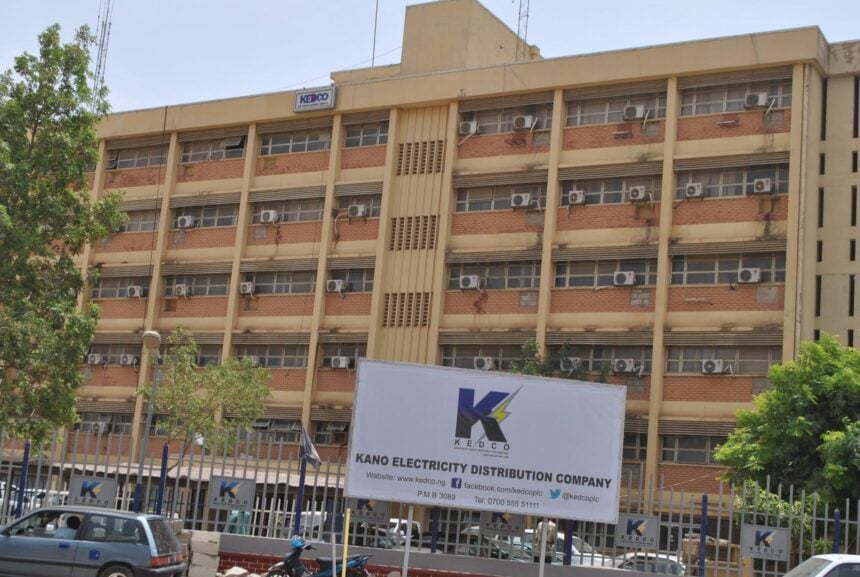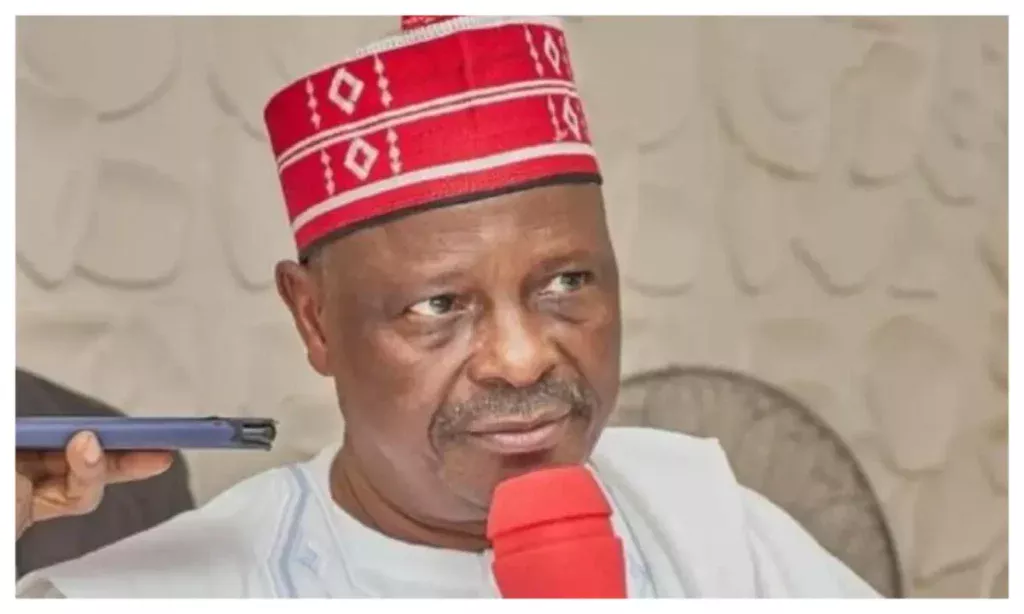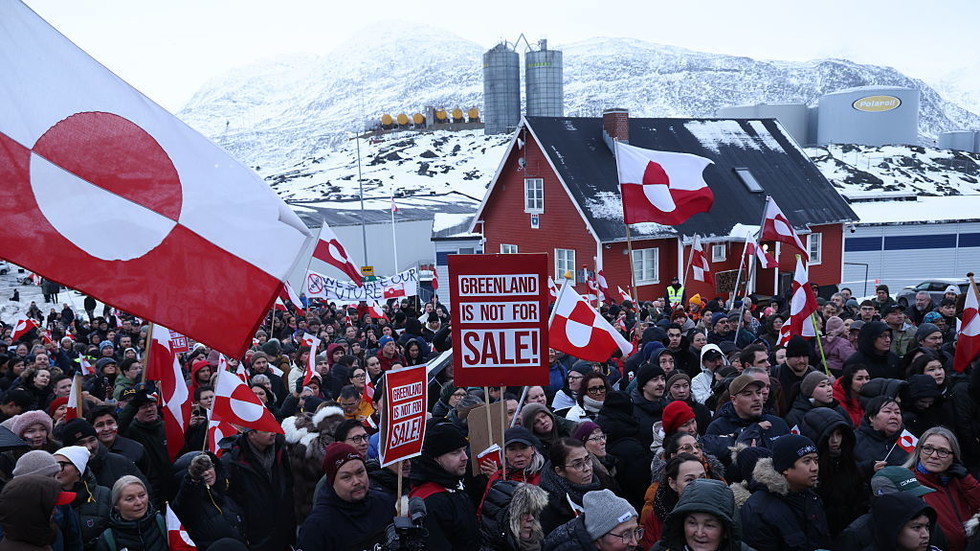In a significant development, Iran has proposed a unique alternative to the US demand to halt its uranium enrichment program. According to a report by The New York Times, Iranian Foreign Minister Abbas Araghchi presented a plan to set up a joint nuclear enrichment venture with Arab countries and US investments during a meeting with American envoy Steve Witkoff in Oman. This proposal is seen as a potential middle ground in the longstanding dispute between the two nations over Iran’s nuclear program.
The plan, as reported, is intended to address US President Donald Trump’s demand that Tehran completely dismantle its nuclear facilities. However, a spokesman for Witkoff, Eddie Vasquez, has denied that such a joint venture was ever discussed. Despite the denial, the fact that Iran is exploring alternative solutions highlights the complexity of the issue and the willingness of both sides to engage in dialogue. The US and Iran have had no formal diplomatic relations since 1980, making any proposal for cooperation noteworthy.
Iranian leaders have consistently emphasized that uranium enrichment is a non-negotiable aspect of their nuclear program. Iranian President Masoud Pezeshkian recently reaffirmed that demands for a complete shutdown of the nuclear program are “unacceptable.” Foreign Minister Araghchi echoed this sentiment, stating, “From our perspective, (uranium) enrichment is something that absolutely must continue, and there’s no room for compromise about that.”
The background to this proposal is rooted in the US withdrawal from the 2015 UN-backed nuclear deal, which Trump accused Iran of secretly violating. Iran has denied any wrongdoing but has since rolled back its commitments under the deal and increased its stockpile of enriched uranium. Despite tensions, both sides have described recent Omani-mediated talks as a positive step. However, significant challenges remain, including disagreements over Israel’s actions in Gaza and attacks by Yemen’s Houthis on international shipping and Israel.
During his Middle East tour, Trump labeled Iran the “most destructive force” in the region and reiterated that it must never be allowed to obtain nuclear weapons. This stance underscores the deep-seated concerns and mistrust that characterize the relations between the US and Iran. The proposal for a joint nuclear enrichment venture, whether acknowledged or not, signals an attempt to find a way forward amidst these challenges. As the international community watches, the success or failure of such initiatives will significantly impact the future of nuclear proliferation and regional stability.



